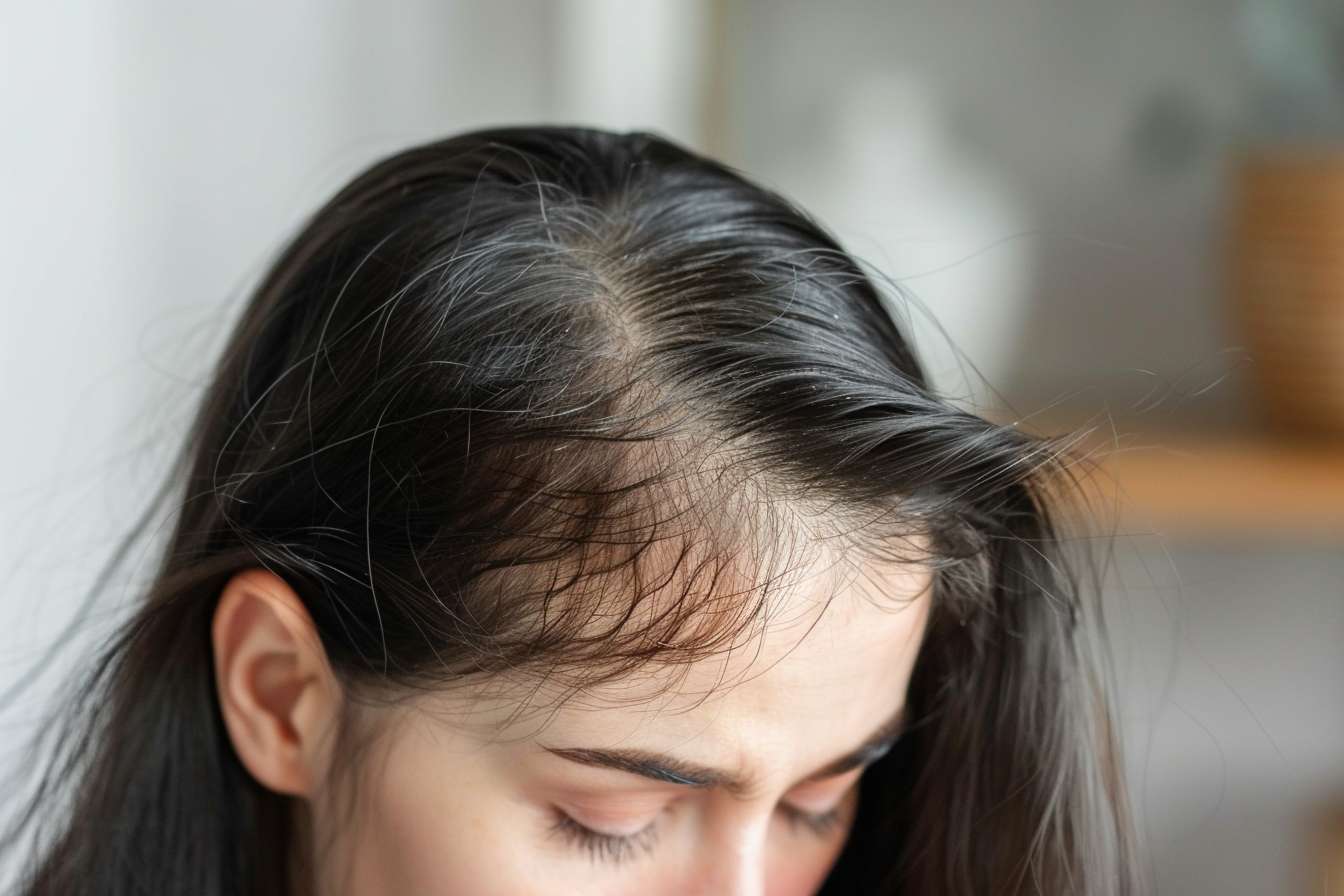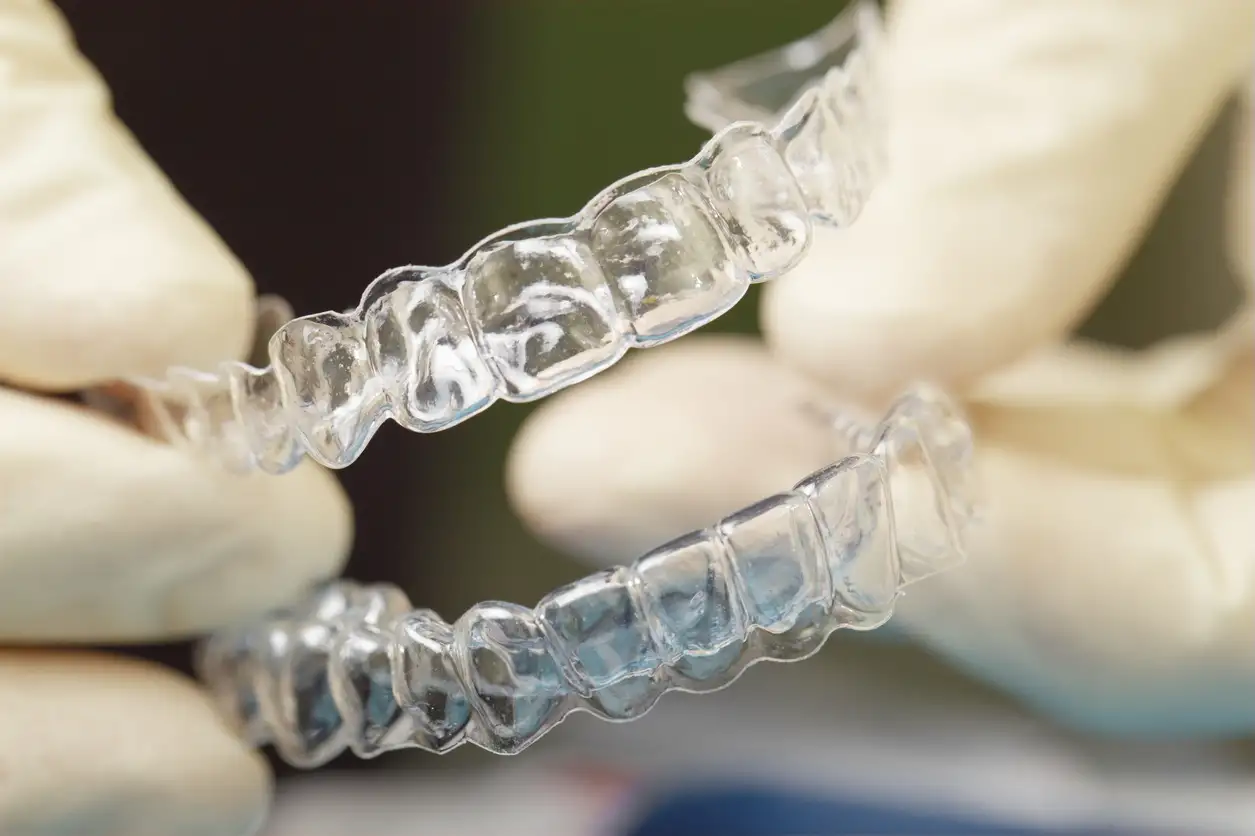Scalp Psoriasis Explained: Symptoms, Causes, and Relief Options
Scalp psoriasis affects approximately 3% of the global population, causing uncomfortable symptoms like itching, flaking, and redness on the scalp. This chronic inflammatory condition can significantly impact quality of life, but understanding its symptoms, triggers, and treatment options can help those affected manage their condition effectively. From medical interventions to lifestyle adjustments, various approaches can provide relief from this persistent skin disorder.

Scalp psoriasis is a common variant of psoriasis that specifically affects the scalp, causing red patches, silvery-white scales, and often intense itching. While sharing similarities with other forms of psoriasis, scalp involvement presents unique challenges due to the presence of hair and the visibility of symptoms. For many patients, finding effective management strategies is crucial for both physical comfort and emotional well-being. This article explores the symptoms, causes, treatment options, and self-management techniques for scalp psoriasis.
What Are the Common Symptoms of Scalp Psoriasis?
Scalp psoriasis manifests through several distinctive symptoms that can range from mild to severe. The most common indicator is the presence of red, raised patches covered with silvery-white scales. Unlike simple dandruff, these scales are typically thicker and more adherent to the scalp. Many patients experience intense itching, which can be particularly troublesome and may lead to secondary infections if scratching damages the skin barrier.
Another hallmark symptom is flaking, which can be embarrassing for many sufferers as scales may fall onto clothing. In more severe cases, the condition may extend beyond the hairline, affecting the forehead, neck, and behind the ears. Some patients also report a burning or soreness sensation on the affected areas. In advanced cases, temporary hair loss might occur, not from the disease itself but from aggressive scratching or harsh treatments.
What Triggers Scalp Psoriasis Flare-Ups?
Understanding what triggers scalp psoriasis flare-ups is essential for effective management. Stress remains one of the most significant triggers, with many patients reporting worsening symptoms during periods of high anxiety or emotional distress. Hormonal changes, particularly during puberty, pregnancy, or menopause, can also influence the severity and frequency of flare-ups.
Environmental factors play a considerable role as well. Cold, dry weather often exacerbates symptoms, while humid, sunny conditions may provide relief for some individuals. Certain medications, including beta-blockers, lithium, and antimalarial drugs, have been linked to psoriasis flares. Infections, particularly streptococcal throat infections, can trigger the initial onset of psoriasis or worsen existing conditions through what’s known as the Koebner phenomenon—where skin trauma leads to new psoriatic lesions.
Lifestyle factors such as alcohol consumption and smoking have been associated with increased severity of psoriasis symptoms. Diet may also influence flare-ups, with some research suggesting that high-glycemic foods and dairy products might worsen symptoms in certain individuals. Identifying personal triggers through careful observation and possibly keeping a symptom journal can help patients avoid factors that worsen their condition.
What Are the Most Effective Treatment Options for Scalp Psoriasis?
Treatment approaches for scalp psoriasis typically follow a stepped care model, beginning with topical treatments and progressing to more intensive therapies if needed. Medicated shampoos containing ingredients such as salicylic acid, coal tar, or ketoconazole often serve as first-line treatments. These products help remove scales and reduce inflammation when used regularly as directed.
Topical corticosteroids remain the mainstay of treatment for many patients. Available in various potencies, these anti-inflammatory medications can effectively reduce redness, itching, and scaling. For optimal results, some dermatologists recommend applying these medications to a clean, slightly damp scalp and leaving them on overnight under a shower cap to enhance penetration.
For moderate to severe cases, vitamin D analogs like calcipotriene may be prescribed, often in combination with corticosteroids. These medications help slow skin cell growth and reduce inflammation. Another effective option is topical retinoids, which normalize skin cell development and may help with particularly stubborn plaques.
When topical treatments prove insufficient, systemic medications may be considered. These include oral retinoids, methotrexate, cyclosporine, and newer biologic drugs that target specific components of the immune system involved in psoriasis. Phototherapy, using narrowband UVB light, can also be effective for scalp psoriasis, though special techniques may be needed to ensure the light reaches the scalp through the hair.
How Can You Manage Scalp Psoriasis Flare-Ups at Home?
Self-management strategies play a crucial role in controlling scalp psoriasis symptoms between medical treatments. Gentle hair care practices are fundamental—using lukewarm rather than hot water, selecting mild, fragrance-free shampoos, and avoiding vigorous scrubbing can help prevent irritation. After washing, pat the hair dry rather than rubbing, and use a wide-toothed comb to detangle wet hair gently.
Scale removal can be facilitated by applying oils or medicated solutions to the scalp before washing. Coconut oil, olive oil, or specialized psoriasis products can be massaged into the scalp and left for several hours or overnight to soften scales, making them easier to remove during shampooing. However, it’s important to remove scales gently to avoid damaging the skin and triggering the Koebner phenomenon.
Stress management techniques such as meditation, yoga, or deep breathing exercises may help reduce flare-ups triggered by anxiety. Regular exercise, adequate sleep, and maintaining a balanced diet rich in anti-inflammatory foods like fatty fish, nuts, and colorful fruits and vegetables may also contribute to better symptom control. Avoiding known triggers, such as certain alcoholic beverages or specific foods that worsen symptoms, can be beneficial for long-term management.
Which Scalp Psoriasis Treatments Are Most Commonly Prescribed by Dermatologists?
Dermatologists typically follow treatment guidelines that recommend a stepwise approach based on disease severity. For mild cases, medicated shampoos and topical corticosteroids remain the most frequently prescribed options. Mid-potency corticosteroid solutions, foams, or sprays are often preferred for scalp application due to their ease of use in hair-bearing areas.
For moderate cases, combination products containing both a corticosteroid and a vitamin D analog (such as calcipotriene/betamethasone dipropionate) are commonly prescribed. These formulations provide the anti-inflammatory benefits of steroids while also normalizing skin cell turnover, often yielding better results than either component alone.
In cases resistant to topical therapy, dermatologists may prescribe systemic medications. Traditional options include methotrexate, cyclosporine, and acitretin. However, biologic therapies have revolutionized treatment for moderate-to-severe psoriasis. These include TNF-alpha inhibitors (adalimumab, etanercept), IL-12/23 inhibitors (ustekinumab), IL-17 inhibitors (secukinumab, ixekizumab), and IL-23 inhibitors (guselkumab, risankizumab). Each medication class has specific benefits, risks, and administration requirements that dermatologists consider when individualizing treatment plans.
| Treatment Type | Common Medications | Typical Cost Range (Monthly) |
|---|---|---|
| Medicated Shampoos | Ketoconazole, Coal Tar, Salicylic Acid | $10-$30 |
| Topical Corticosteroids | Fluocinonide, Clobetasol, Betamethasone | $30-$100 |
| Vitamin D Analogs | Calcipotriene | $100-$300 |
| Combination Products | Calcipotriene/Betamethasone | $200-$500 |
| Systemic Medications | Methotrexate, Cyclosporine | $50-$500 |
| Biologic Therapies | Adalimumab, Secukinumab, Ustekinumab | $2,000-$10,000 |
Prices, rates, or cost estimates mentioned in this article are based on the latest available information but may change over time. Independent research is advised before making financial decisions.
Living with scalp psoriasis requires a multifaceted approach that combines medical treatments with lifestyle modifications. While there is no cure for psoriasis, most patients can achieve significant symptom improvement with appropriate management. The key to success lies in working closely with healthcare providers to develop a personalized treatment plan, being consistent with prescribed therapies, identifying and avoiding personal triggers, and implementing effective self-care strategies. With proper management, most individuals with scalp psoriasis can maintain good quality of life and keep symptoms under control.
This article is for informational purposes only and should not be considered medical advice. Please consult a qualified healthcare professional for personalized guidance and treatment.




